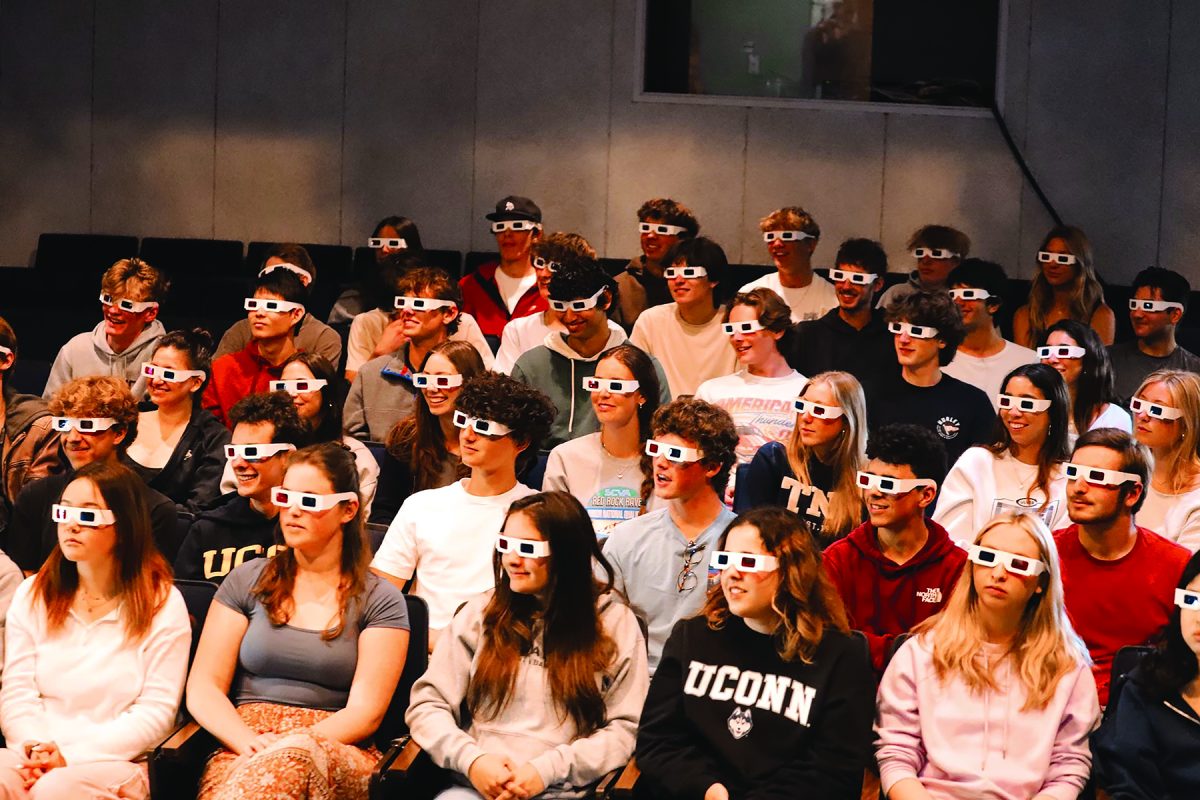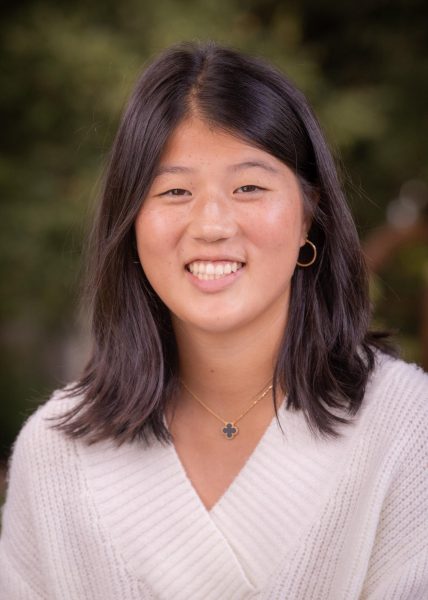As pencils are set to rest, chairs are left cold, halls are left echoing without chatter, and clocks tick in a void of silence, the warmth of summer nights seeps vitality into students while the thought of school lays dormant. However, all of that changed in late June as education systems erupted amidst the future of college admissions, affecting millions of students across the country. The nation ruptured in division on June 29 after the Supreme Court’s final landmark ruling against affirmative action in higher education. Stemming from Regents of the University of California v. Bakke in 1978, the fractured Supreme Court came at a mixed decision when finalizing the enactment of affirmative action, allowing racial preferences in college admissions.
Setting the preliminary foundation of today’s educational standards, which emphasizes a huge push toward diversity, The Bakke story draws similarities to Brown v. Board of Education (1954) and the Civil Rights Act of 1964, which outlawed racial discrimination and segregation in education systems. However, as of 2023, the Supreme Court’s decision to upend the equal protection law in Students for Fair Admissions (SFFA) v. Harvard and SSFA v. UNC officially denounced the use of race as a marker for consideration when granting admissions to colleges and universities. With the effective elimination of affirmative action, the court’s decision rescinds this historical precedent that has aided African-American and Latinx communities in applying to selective institutions.
While a great majority of students share

their experiences of a lack of equity in admissions after the ruling, Associate Director of College Counseling Lalitha Otterness says, “that the major institutions that support affirmative action will continue to do their best to keep their classes diverse and how they will do that will vary from institution to institution but the commitment is still there to diversity”. With protests against the Supreme Court’s ruling beginning to rise among these disadvantaged groups, students have begun to see the harsh societal realities of inequality and racial discrimination in higher education. Students and schools are recognizing the importance of cultivating a diverse environment. When it comes to race-based admissions, however, this is only one perspective of the story. John Robert, The Chief of Justices, for the conservative party, read excerpts from his opinion to the majority which state the violations committed by the admissions programs such as UNC and Harvard have broken the Equal Protection Clause of the 14th Amendment. Both Harvard and UNC were unable to justify their use of race in which their programs include “racial stereotyping,” which had no foreseeable end based on CNN’s coverage of Affirmative action.
The opinion Roberts released did not blatantly overturn past cases regarding race-based affirmative action, but instead, it gave way to a new approach in which applicants mention their race and how that has affected their lives in their personal statements, which may be considered during the application process. As these competitive institutions have primarily catered to accepting white applicants for the last century, universities have begun to progress in achieving racial parity on school campuses that recognize the importance of diversity and representation. In an interview, Lisa Johnson, the founder of Private School Village, an LA-based organization that assists Black and brown families from independent schools, talked about her gut-wrenching reaction in a recent interview with Town and Country. “Even though we could have seen this coming a mile away, I don’t think many of us thought it would happen this quickly,” said Johnson. “We’re just three and a half years away from George Floyd’s death. I think we had a moment of hope that America was more fully acknowledging racial inequities.”
However, for some, affirmative action is seen as a double-edged sword. Several Asian-American families have been disadvantaged by race-blind admissions and hope for that to change. Christopher Rim the founder of a college consultancy in Manhattan, Command Education, was in disbelief at the notifications in his email the day the verdict to eliminate affirmative action was placed, as Asian American families flooded his inbox with parents wanting him to guide their kids in the college application process. These were the families that understood the advocacy work done by Students for Fair Admissions, an anti-affirmative action non-profit whose lawsuit against Harvard and UNC changed the course of college admissions and ultimately the Supreme Court’s ruling. The SFFA’s suit disclosed that schools have been discriminating against Asian Americans; although they had higher GPAs and test grades, they did not score as high when it came to subjective measures such as character and “grit.” With race-conscious decisions banned in an interview with Town and Country, Rim reflects upon his experience with parents who finally believe “they had a fair shot” at competitive admissions. Just weeks after SCOTUS’ ruling on affirmative action, liberals and conservatives pushed to limit the benefits applicants receive as children alumni.
Calling for action against legacy admissions, the Department of Education formally began a civil rights investigation into Harvard’s long-known practice of preferential treatment toward legacy applicants, which is composed mainly of white and privileged students. With institutions such as Harvard favoring children of alum and children of donors, legacy students have been given boosts during their application process due to their family’s connection to the school. This onslaught of investigations coincided after Wesleyan University joined a growing number of institutions such as Johns Hopkins, Amherst, and Massachusetts Institute of Technology, eliminating legacy admissions to achieve more equality in admissions.
A study conducted by Opportunity Insights, a team of economists from Harvard, reported that between 1999 and 2015, prestigious private colleges favored wealthy families, as one in six students attending an Ivy League college has a parent in the top 1% bracket earning more than 600,000 dollars a year. With a high percentage of legacy students coming from affluent politicians or celebrities, institutions such as Harvard or Stanford look fondly upon these students and their parents’ donations to their alma mater, which help sustain them economically for financial aid. By accepting legacy students, selective institutions are able to preserve their prestige, which ushers into the next generation of legacies who are incentivized to continue to donate; a survey conducted by Inside Higher Ed reported that in 2018, 42% of private universities exercised legacy preferences.
However, students from the upper-middle to the lower class with strong test scores, extracurriculars, and high GPAs are often overlooked in comparison to their wealthy, influential, mid-decent academic counterparts. Julie Park, an associate professor from the University of Maryland College Park phrases it as, “being a legacy is kind of like getting the Disney FastPass to go to the front of the line.”Two months after the affirmative action ruling, institutions have gone under fire again for practicing legacy admissions, as protests and education experts have expressed their concern over the lack of diversity on campus if these selective institutions continue catering to privileged applicants. Despite the ban on race-blind admissions, the Biden Administration still hopes for universities to stay committed to diversity by instead looking at a student’s personal experience, as Otterness says, “selective institutions have created supplemental questions to the general common app essay asking about whether a student’s culture or experience has contributed to their world view which in a way is indirectly asking students to talk about their background”.
With several universities re-emphasizing their commitment to racial diversity, legacy admissions are still heavily related to race as most legacies historically are white from rich households, in a way making it seem like affirmative action for the über-wealthy. As students are at the pinnacle point of their academic journey the stress and pressures of college admissions are now burdened by, either the benefits or disadvantages of affirmative action, and legacy admissions, as many high school students and families planning to apply to these “elite” colleges are left confused. After the Supreme Court’s ruling banning race-conscious preferences in admissions, some hope the same ban will apply to legacy admissions since it appears the odds are against people of color and those with a lower socioeconomic status as Otterness says, “I do think that there are arguments on both sides of the table as to whether it is a good or a bad thing, I mean, certainly, for the more selective institutions and families that have a deeper connection with those institutions because they attended, it may be very disappointing, but at the same time, these institutions very much believe in open access and equity”.
Although most schools are tight-lipped when it comes to acceptances, prestigious schools such as Princeton still practice legacy admissions. It reported that 10% of Princeton’s class of 2026 were children of alumni, which accounted for 38,019 applicants, of which only 2,617 were accepted, with an undergraduate acceptance rate of 4%. On the other hand, schools like Amherst have eliminated legacy admissions and have observed changes in the demographics of their incoming class as prior to this change; their legacy percentage was 11% and then declined to 6%, which stopped the legacy boost, allowing more underrepresented groups like first-generation students a chance. It seems that everyone who is not the child of Bill Gates, reliant on “daddy’s money,” or part of the Harvard Elite, won’t be receiving a leg up from higher institutions for their race despite them theoretically pushing for diversity. Instead, privileged children of parents or grandparents have reaped the advantages of admissions as a legacy, putting meritocracy to death. Defined by Merriam-Webster, meritocratic systems are built on “people who are chosen and moved into positions of success, power, and influence based on their demonstrated abilities and merit.” This is a function of education where students who are able to accomplish achievements based on their skill and sheer ability (e.g., good GPAs, high test scores, strong extracurriculars), regardless of other factors, deserve admissions. However, the long-lasting traditions of legacy admissions are simply anti-meritocratic, opposing the principles of this nation and several universities that believe “hard work equilibrates.” While some may think of college admissions as a meritocracy, it is not, and it never was. College admissions have been embittered by numerous exceptions to ‘merit.’ There simply is no utopia for fair college admissions, and there probably will never be. No one wins.











